In recent years, social media has become an integral part of our daily lives, providing a platform to connect with friends and family, stay informed, and share our thoughts and experiences.
However, as with any technology, there are also some potential drawbacks to using social media. In this article, we will explore some of the disadvantages of social media for business, education, and society in general. We’ll also offer tips on how to mitigate these negative effects.
Whether you are a business owner looking to use social media for marketing or an individual looking to stay connected with loved ones, understanding the negative sides of social media can help you use it more responsibly and effectively.
So, let’s get started!
Table of Contents
Disadvantages of Social Media
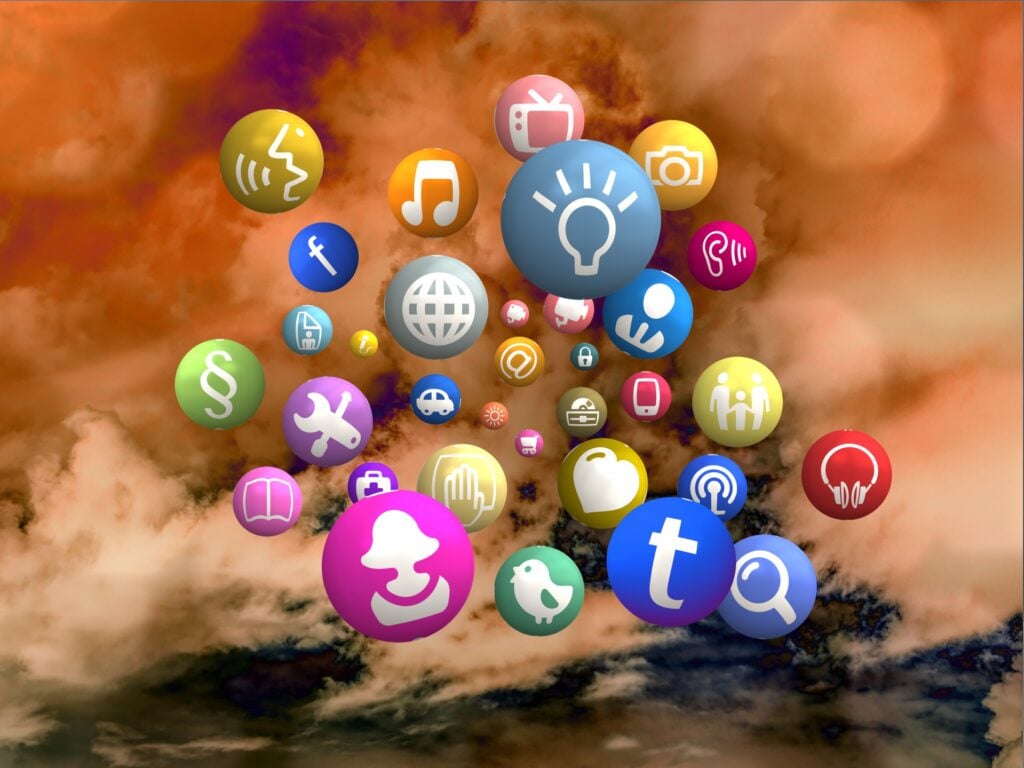
Here are some of the major downsides of social media:
Reduces Face-To-Face Communication
Topping the list is that it can reduce face-to-face communication. With the ability to connect with others online, people spend less time interacting in person. This can lead to a lack of social skills and difficulty maintaining relationships. In addition, the constant need to be connected to the internet and check notifications can disrupt in-person conversations and social interactions.
This reduction in face-to-face communication can also have an impact on mental health. Studies have shown that social media use can lead to loneliness and isolation, as people rely on virtual interactions rather than real-life connections.
Provokes Addiction
Social media has been shown to have addictive properties, with some users unable to resist the urge to check notifications or refresh their feeds. This addiction can lead to several negative consequences, including decreased productivity, difficulty sleeping, and a lack of focus.
The constant stream of notifications and the fear of missing out (FOMO) can create a sense of anxiety and pressure to be connected constantly. This can lead to a cycle of checking social media multiple times per hour, even when it is not necessary.
The addictive nature of social media can also have an impact on mental health. Studies have linked excessive social media use to an increase in depression, anxiety, and low self-esteem. The pressure to present a perfect image online can lead to feelings of inadequacy and a distorted sense of self.
Decreases Understanding and Thoughtfulness
The fast-paced and often impersonal nature of online interactions can lead to misunderstandings and miscommunications. It is easy to misinterpret tone and intention when communicating through a screen, and the lack of body language and facial expressions can make it difficult to grasp the meaning behind someone’s words fully.
The pressure to respond quickly to messages and posts can also lead to a decrease in thoughtfulness. It is easy to quickly fire off a response without fully considering the implications or taking the time to craft a well-thought-out message. This can lead to rash decisions and misunderstandings.
The decrease in understanding and thoughtfulness can also have an impact on relationships. Building and maintaining meaningful connections is difficult when communication is superficial and lacks depth.
Facilitates Laziness
It is a fact that one of the disadvantages of social media for students is enabling laziness. These young individuals can access information and connect with others at the touch of a button. As a result, there is less of a need to go out and actively seek out new experiences or engage in physical activity.
The constant stream of entertainment available on social media platforms can also contribute to a lack of motivation. It is easy to get lost in scrolling and consuming content rather than engaging in productive activities or hobbies.
This increase in laziness can negatively affect both physical and mental health. A sedentary lifestyle has been linked to many health problems, including obesity and cardiovascular disease. A lack of motivation and engagement can also lead to feelings of boredom and a lack of fulfillment.
Spreads False Information
One of the major disadvantages of social media in politics and society is that it can spread false or misleading information rapidly. With the ability to share content with just a few clicks, it is easy for misinformation to go viral and reach a large audience.
This spread of false information can have serious consequences, as people may base their beliefs and actions on incorrect information. It can also lead to the amplification of conspiracy theories and harmful ideologies.
Social media algorithms that prioritize engagement and the spread of sensational content can also contribute to spreading false information. These algorithms may elevate misleading or false stories over accurate and fact-checked ones, leading to a distorted view of reality.
May Promote Alcohol and Drugs
This is one negative aspect of social media that mostly affects young people. Networking platforms can be a tool for buying and selling illegal substances, and the glamorization of drug and alcohol use in posts and photos can make it seem socially acceptable or even desirable.
This promotion of drug and alcohol use can have serious consequences, as substance abuse can lead to a range of health problems and can even be fatal. It can also contribute to risky behaviors and make people more prone to accidents and injuries.
How to Overcome Social Media Disadvantages?

Here are proven ways to overcome the negative sides of social media:
Set Boundaries Around Social Media Use
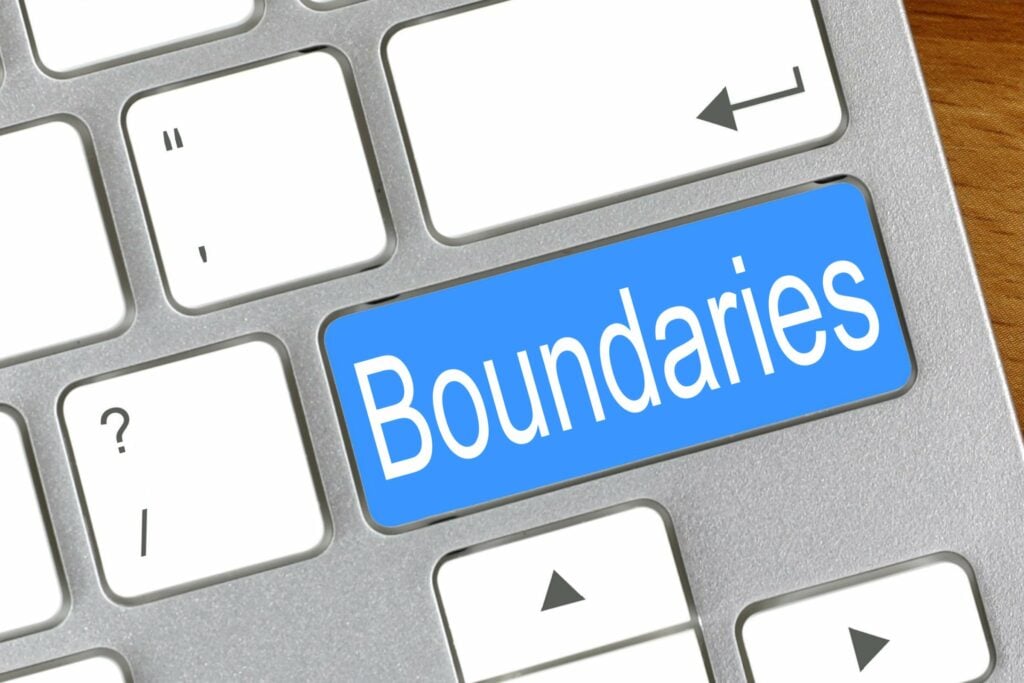
One way to overcome the disadvantages of social media is to set boundaries around its use. This can involve setting aside designated times for checking social media and limiting the time spent on the platforms.
It can also involve turning off notifications or setting limits on the number of times the apps can be opened per day.
Establishing healthy habits and boundaries around social media use can help to prevent addiction and ensure that it does not consume too much of one’s time and attention.
Engage in Face-To-Face Communication
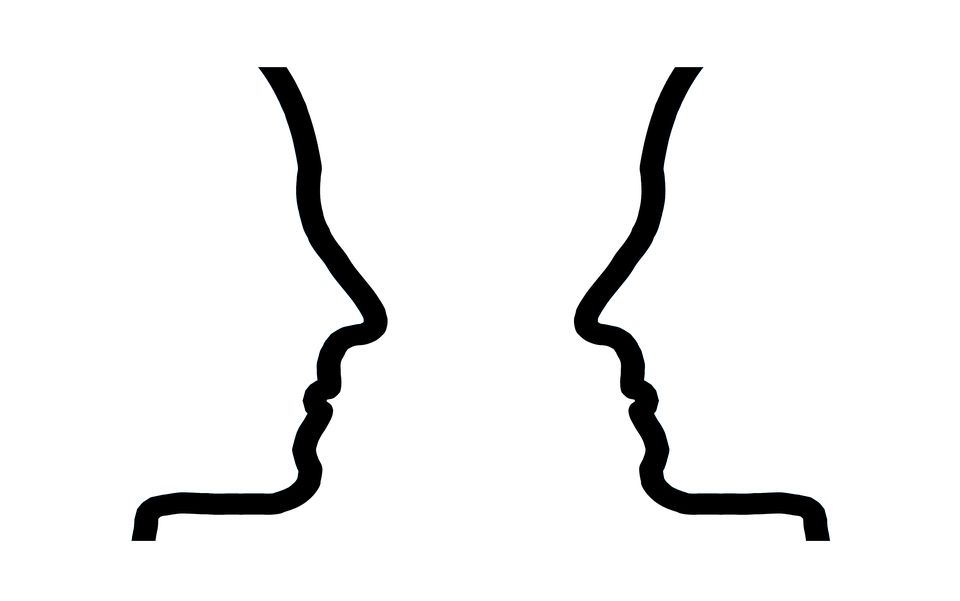
Another way to overcome the negative effects of social media is to prioritize face-to-face communication. This can involve spending time with friends and family in person rather than relying on virtual interactions.
It can also involve being present and engaged in conversations rather than being distracted by phone usage. Face-to-face communication can help to build and maintain strong relationships, and it can also be more fulfilling and meaningful than virtual interactions.
Fact-Check Information
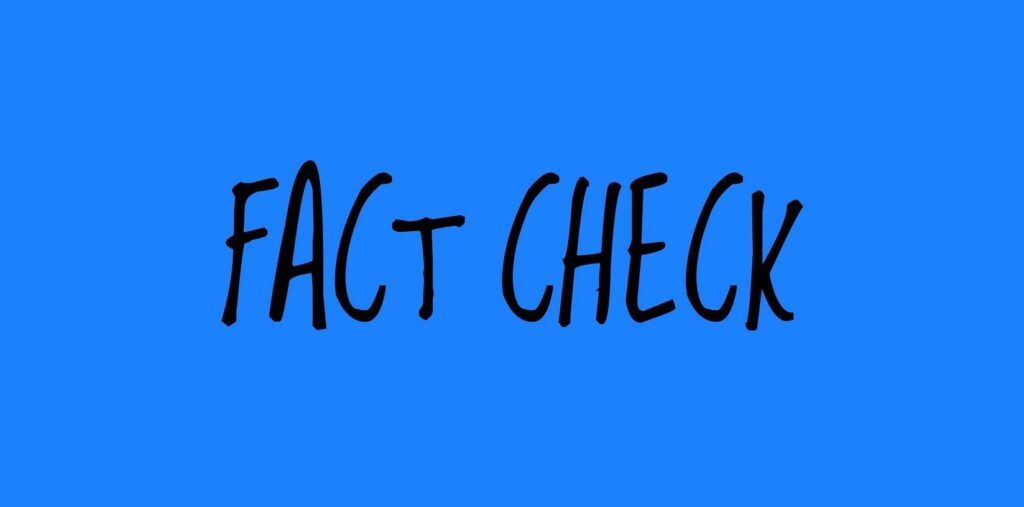
It is important to fact-check sources before sharing content to combat the spread of false or misleading information on social media. This can involve using reliable sources, such as news outlets or government websites, to verify the accuracy of information. It can also involve being aware of the biases of certain sources and seeking out multiple perspectives. By fact-checking, individuals can help to prevent the spread of false information and ensure that they are making informed decisions.
Seek Out a Diverse Range of Sources
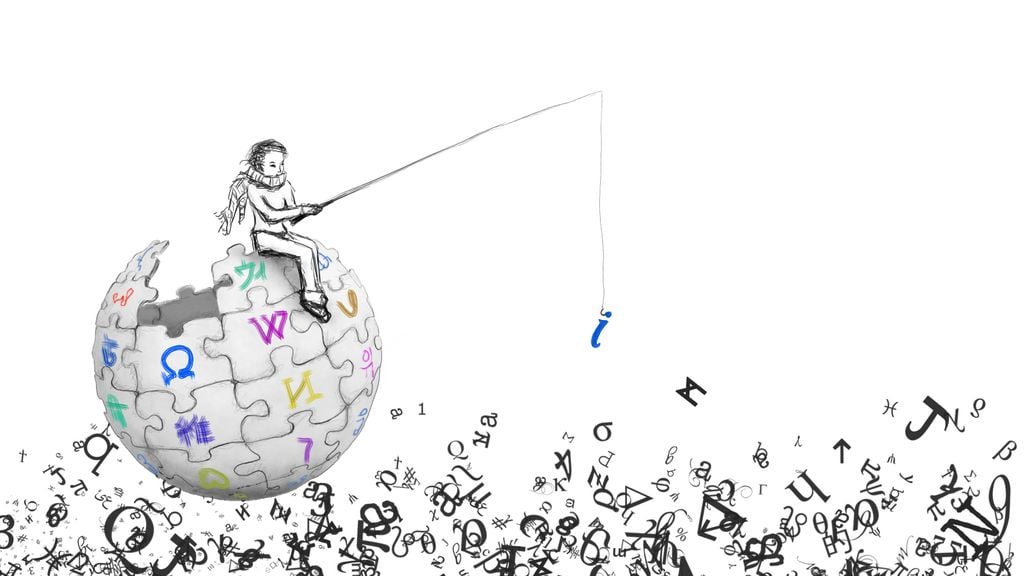
Getting information from different sources is one sure way to overcome the biases of social media algorithms. This can involve following accounts from various perspectives and not relying solely on the content recommended by algorithms. By exposing oneself to a range of viewpoints, individuals can get a more well-rounded and accurate understanding of the world.
Focus on Physical and Mental Well-Being

It’s a good thing for people to pay attention to their general well-being. This can involve engaging in activities that promote physical and mental health, such as exercise and hobbies, and setting aside time for self-care. It can also involve seeking help if social media use hurts one’s life. By prioritizing well-being, individuals can improve their overall health and happiness.
Conclusion
We hope this article has provided some insight into the various disadvantages of social media and how they can be mitigated. While social media can be a useful tool for staying connected and informed, it is important to be aware of its potential negative effects and to take steps to minimize them. By following the tips above, individuals can overcome the disadvantages of social media in education, business, and other aspects of their lives.
- How Long Does X (Twitter) Blue Verification Take? - October 2, 2024
- How to Mass Unfollow on X (Twitter) - September 18, 2024
- Best X (Twitter) Growth Tools in 2024 - September 18, 2024

